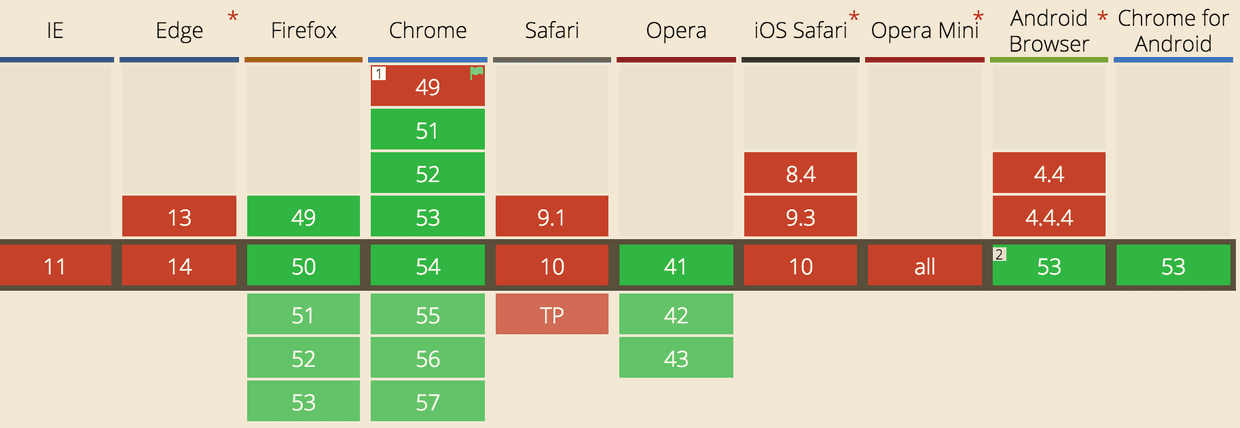In 1948, Claude Shannon published an extraordinary article, defining for the first time a mathematical model of information and determining the maximum information quantity that can be transferred over a channel, now called the shannon limit, and the limits to possible lossless data compression.
Since, engineers have been trying to approach such limits dealing with two other practical factors the speed to compress and the speed to uncompress data.
This article will present two quite recent algorithms and how you can already benefit by using them.
Zstandard
Zstandard is both a new compression algorithm and a reference implementation which has been designed to be extremely performant with modern hardware. It is a general-purpose compression for a variety of data types.
While usually algorithm trades-off either compression ratio, compression speed, or decompression speed, Zstandard is designed to be good at all 3!
Compared to zlib (wrapper and de facto standard implementation of the deflate algorithm), which tries to balance compression ratio and speed:
-
At the same compression ratio, it compresses ~3-5x faster
-
At the same compression ratio, it decompresses ~2-3x faster
-
At the same compression speed, it compresses to 10-15 percent smaller files
Zstandard achieve this performance thanks to several design decisions:
-
an increased memory window to 1MB with no limit (deflate only allows 32 KB)
-
a format designed for parallel execution
-
a format compatible with branchless algorithms
-
a new entropy encoder based on Asymmetric Numeric Systems (ASN)
At the Guardian we are now using ZStandard instead of zlib (using the java JNI binding) for compressing articles in our most critical component, the publication pipeline!
Brotli
Brotli is a general purpose lossless compression algorithm, that has been recently been standardised as an http compression encoding. Brotli has been developed by google, and has the following characteristics:
- sliding window between 1KB and 16MB
- a static dictionary with around 13,500 words or syllables in 6 languages and common phrases in HTML and JavaScript
- 121 transforms to combines entries in the dictionary
- A huffman based entropy encoder
Brotli trades-off compression speed for decompression speed and a slightly improved compression ratio.
Compared to gzip (thin wrapper around zlib, if you are confused this is expected), it decompresses about 20% faster, at the same compression ratio.
Although brotli uses a less efficient entropy encoder than Zstandard, it is already implemented and available in Google Chrome, Mozilla Firefox, Opera and (support is in development in Microsoft Edge)

Support has as well started to be added in web client and servers:
At the Guardian we are using the play framework which provide a built-in gzip filter but not yet a brotli one, so I decided to write it.
Google’s brotli repository doesn’t yet provide a reference java implementation, however you can use jbrotli, a JNI binding.
CDNs have recently improved their support as well:
- Fastly (through custom VCL) - no compression on the fly yet
- KeyCDN - no compresssion on the fly yet
- CDN77 - compression on the fly
- MaxCDN (coming soon) - no compression on the fly yet
At the Guardian we have been successfully using the playframework brotli filter on an internal tool and plan to apply it soon to our main frontend.
